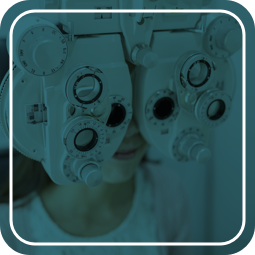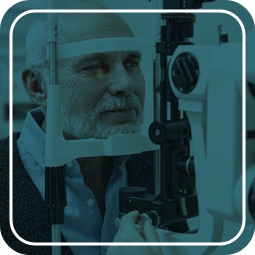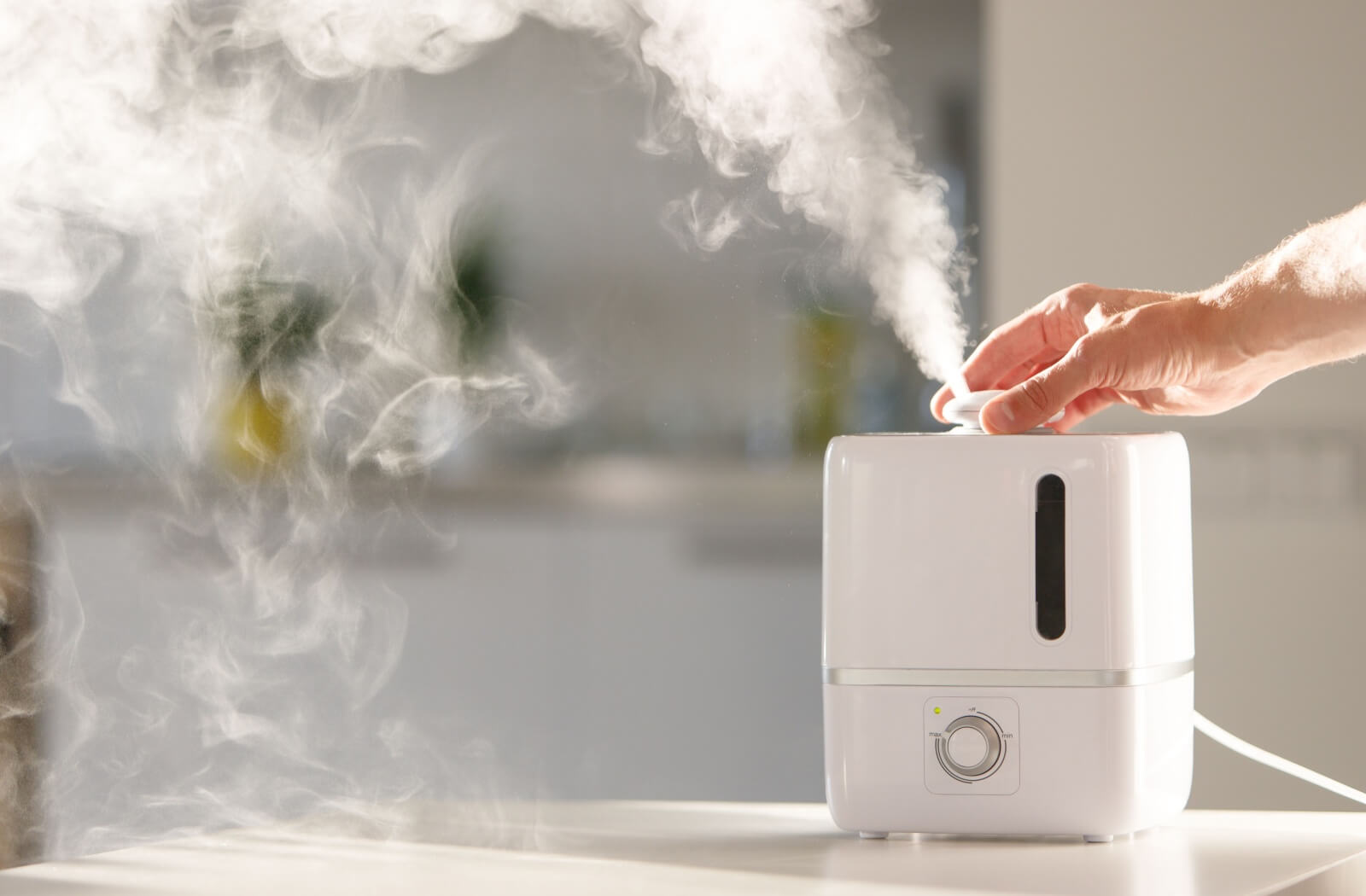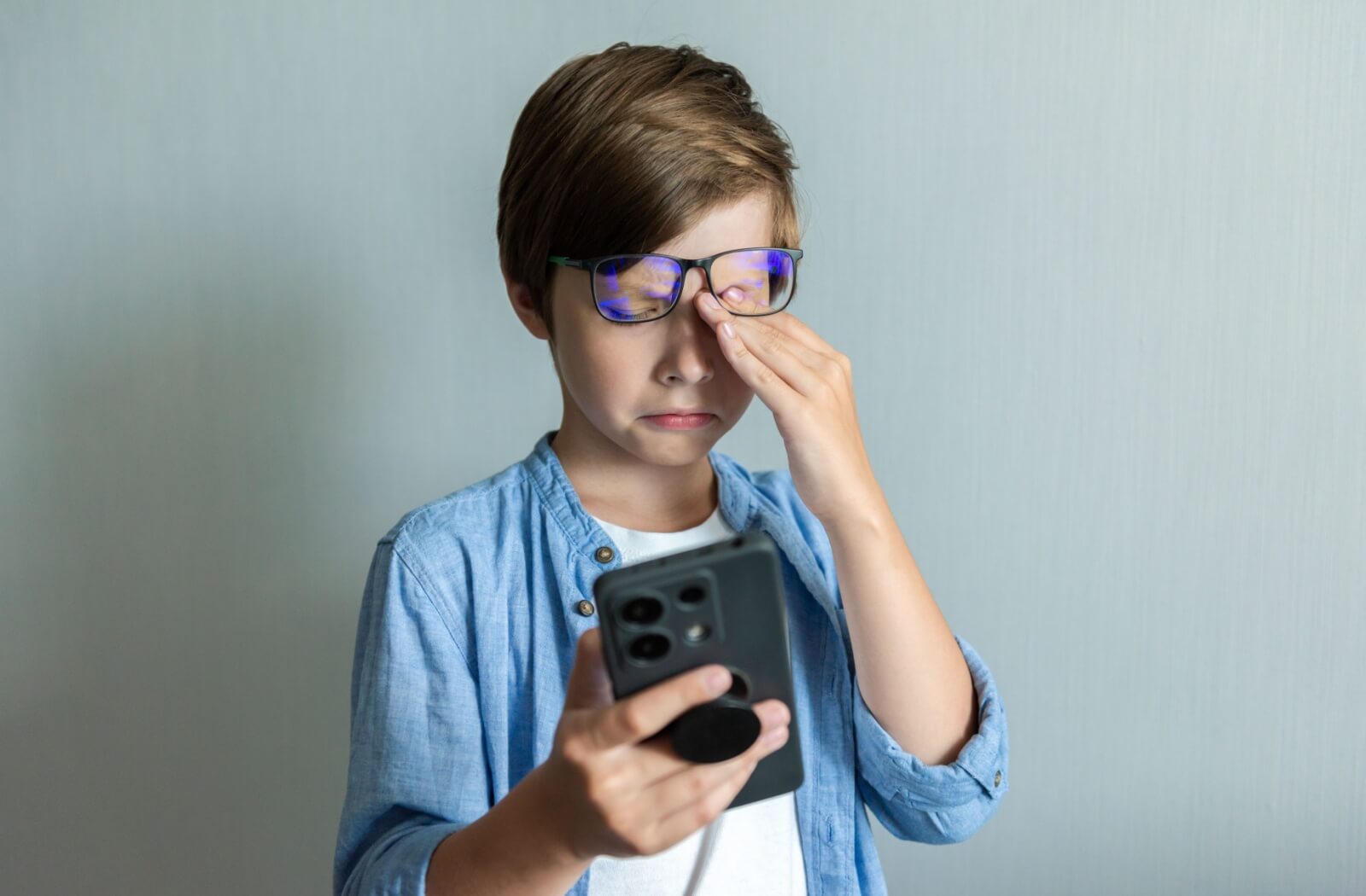Eye health often flies under the radar in childhood, but it has a powerful impact on how kids grow, learn, and connect with the world. Pediatric eye exams are useful for detecting vision problems early and supporting healthy development across every stage of childhood.
From academic performance to motor skills and confidence, good vision can play a foundational role in your child’s success, and when it comes to myopia control, those early eye exams are often crucial for getting optimal results.
Why Pediatric Eye Exams Are Important
Early Detection Saves Sight & More
Did you know kids with vision challenges often assume that how they see is “normal” and don’t mention vision issues to their parents? This can make it difficult to recognize early vision problems. Pediatric eye exams are designed to identify those vision issues that might otherwise go unnoticed, like nearsightedness (myopia), farsightedness (hyperopia), and astigmatism.
Impact on Learning
Learning is predominantly visual, especially in young children. Studies indicate that up to 80% of learning happens through vision. Undiagnosed vision issues can lead to:
- Difficulty reading or focusing in the classroom.
- Poor coordination during sports or physical activities.
- Delays in developmental milestones, such as recognizing colours, shapes, or letters.
At Downtown Eye Care, we focus on helping children develop the visual skills they need for both academic and recreational success.
Supporting Emotional & Social Development
Vision can affect more than just how well a child performs in school. It can also shape their confidence and the way they connect with others. When children cannot see clearly, they might shy away from group activities, sports, or classroom discussions.
Over time, this can lower their self-esteem and create feelings of frustration or isolation. By catching and addressing vision issues early, pediatric eye exams can give children the clarity they need to participate more fully in their surroundings, interact with peers, and feel more comfortable in learning and playing.
What Happens During a Pediatric Eye Exam
During an appointment, you might expect some of the following activities to take place:
- Assess visual acuity: We measure how well your child can see at both near and far distances.
- Evaluate eye alignment: Misaligned eyes (strabismus) can lead to issues like double vision or lazy eye (amblyopia).
- Check eye health: Using advanced tools, we inspect the internal and external structures of the eyes for signs of disease or abnormalities.
- Test focusing skills: We determine your child’s ability to maintain focus on objects over time, which is crucial for reading and learning.
The process is generally quick, noninvasive, and designed to make your child feel comfortable and engaged.
Common Conditions Pediatric Eye Exams Can Identify
Pediatric eye exams can uncover a range of vision issues that may not be obvious to parents or teachers, especially in the early stages of development.
Amblyopia
Amblyopia arises when one eye doesn’t develop normal visual acuity. If left untreated, it can lead to permanent vision problems. Thankfully, treatments such as patching or corrective lenses are highly effective when administered early.
Strabismus
Strabismus can cause double vision or eyes that don’t align properly. Early correction through glasses, therapy, or surgery helps restore healthy vision and coordination.
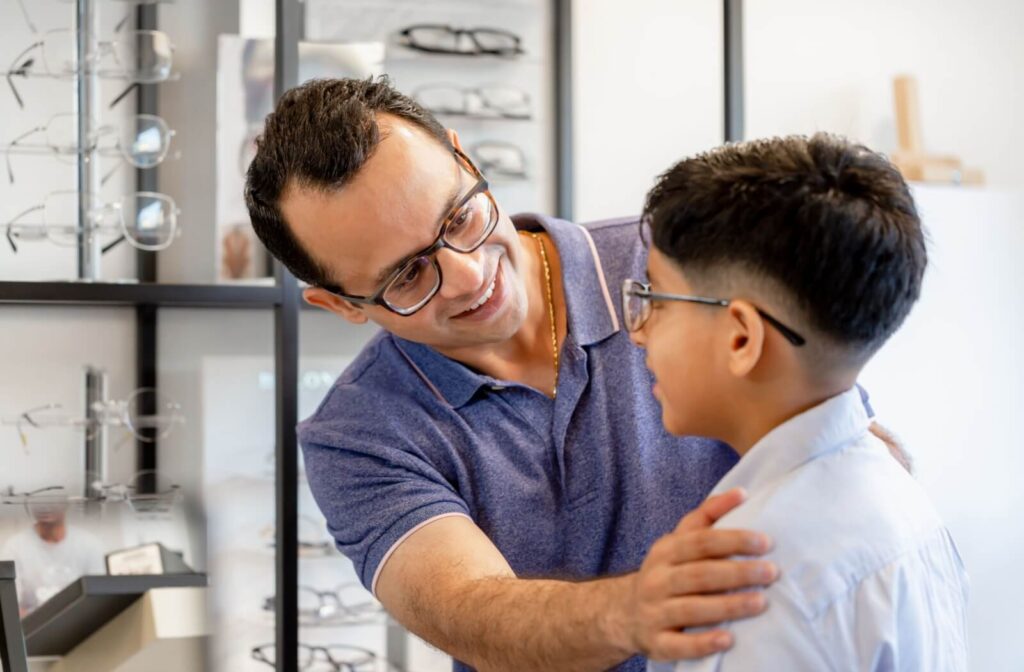
Myopia
Myopia in children is an increasingly common issue worldwide. At Downtown Eye Care, we offer myopia management solutions, like MiSight lenses, to slow progression and protect long-term eye health.
Hyperopia & Astigmatism
These refractive errors may cause difficulty when focusing on books, screens, or board work. Prescription glasses are a simple solution for clear, unobstructed vision.
When Should You Schedule Your Child’s First Eye Exam?
The Canadian Association of Optometrists recommends that children have their first eye exam at six months old, followed by another at three years old, and every year after as they start school. At Downtown Eye Care, we offer comprehensive children’s eye exams that are suited to each stage of development.
Building Lifelong Habits
Pediatric eye exams not only set your children up for visual success during childhood but also instill habits of regular eye care that they’ll carry through adulthood. This is key for maintaining excellent vision and preventing potential issues as they age.
Teaching children to avoid eye strain and protect their eyes from harmful UV rays are just some of the steps we emphasize during our exams. These habits can make a significant difference as the years go by.
Choose Downtown Eye Care for Your Child’s Eye Health
Our clinic in downtown Ottawa offers a thoughtful blend of professional care and a welcoming environment. We’re proud to be a trusted partner for families in our community, providing personalized eye care that supports children’s long-term vision and well-being.
Schedule your child’s eye exam with Downtown Eye Care today and let’s take a step toward clearer sight.




